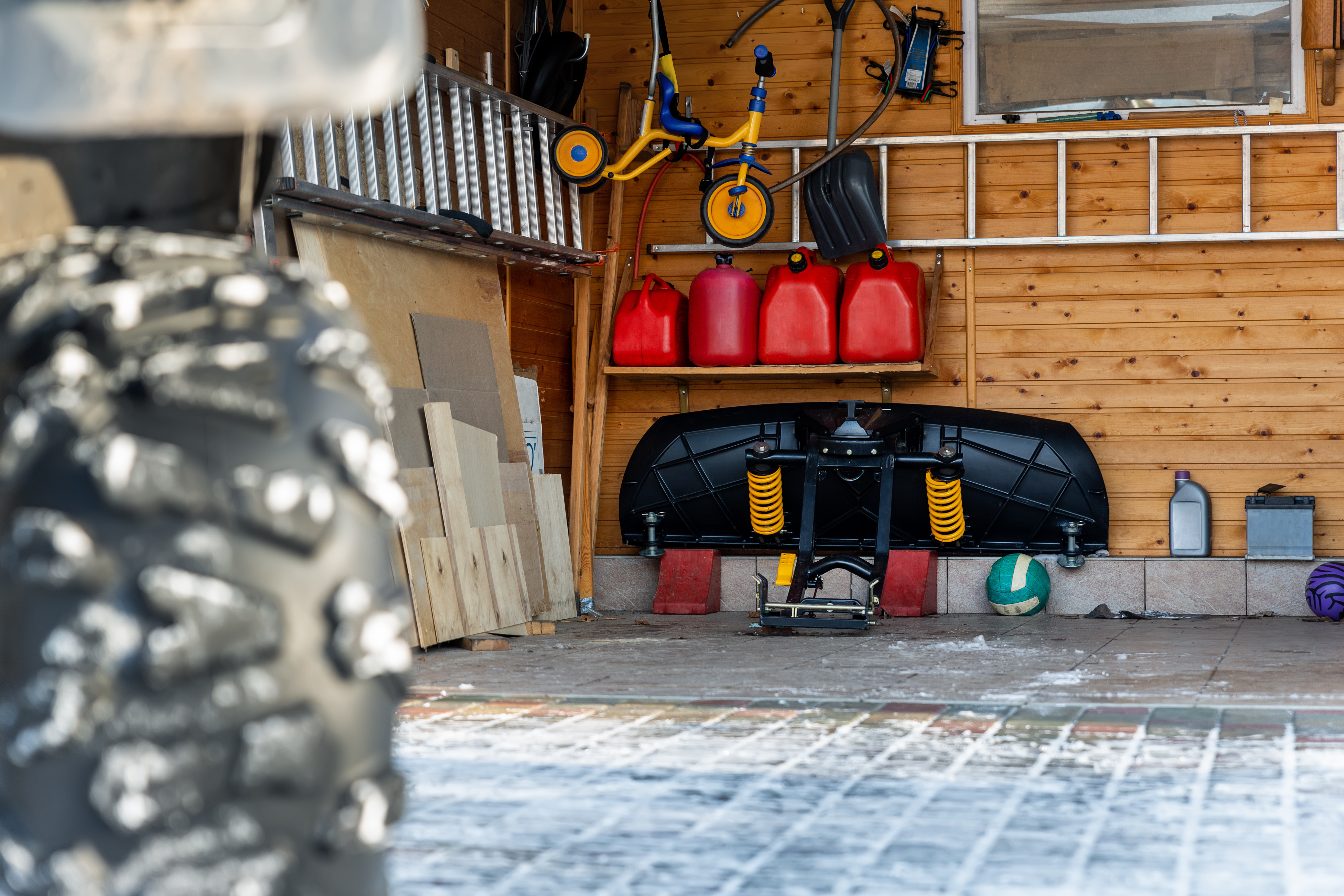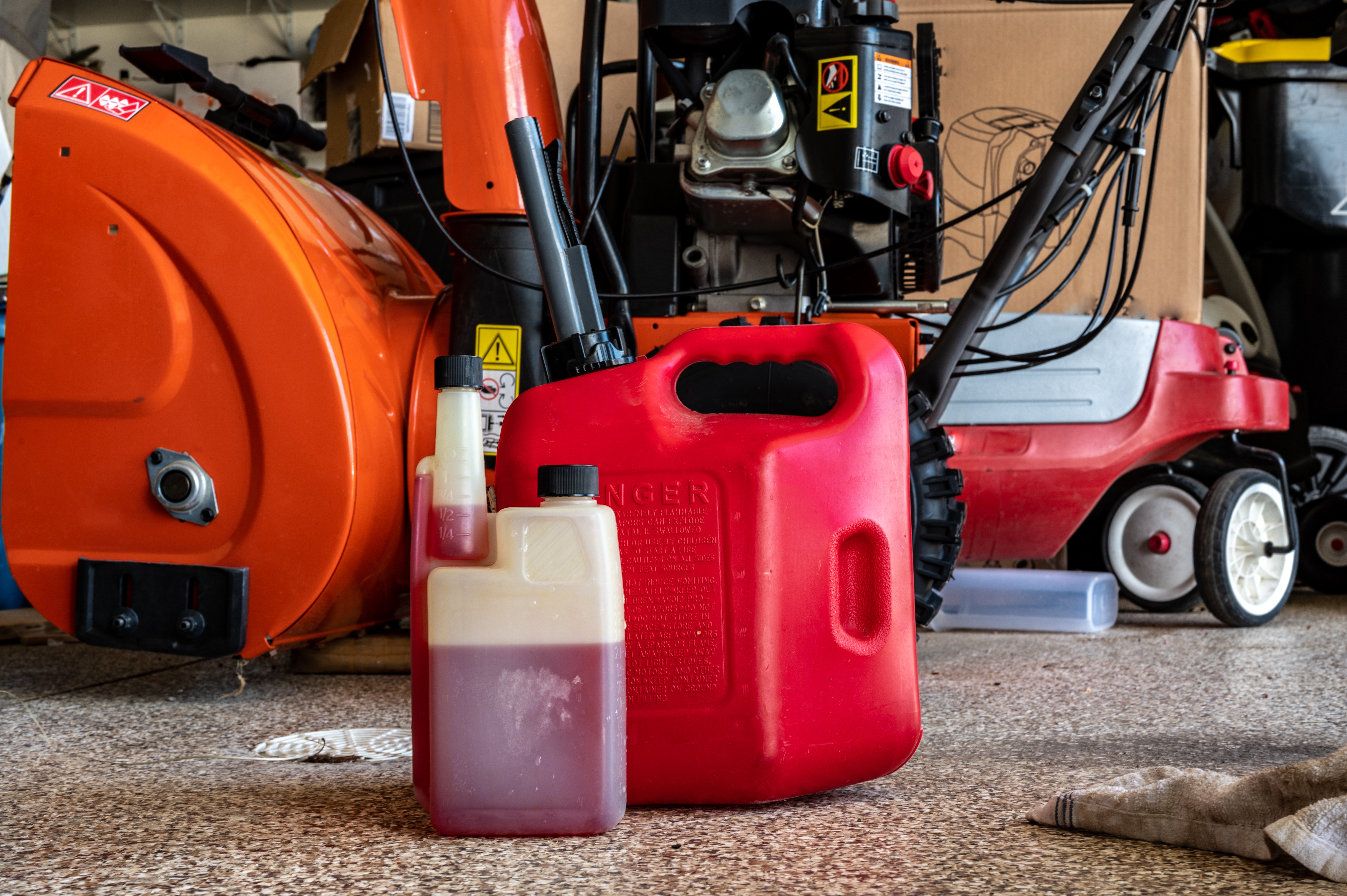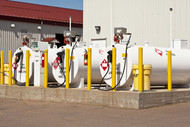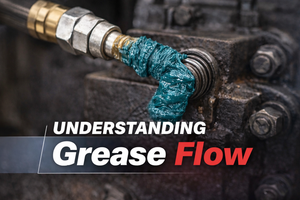Winter Fuel Storage Tips: Gasoline, Equipment & Cold-Weather Prep
By on Apr 30 2020
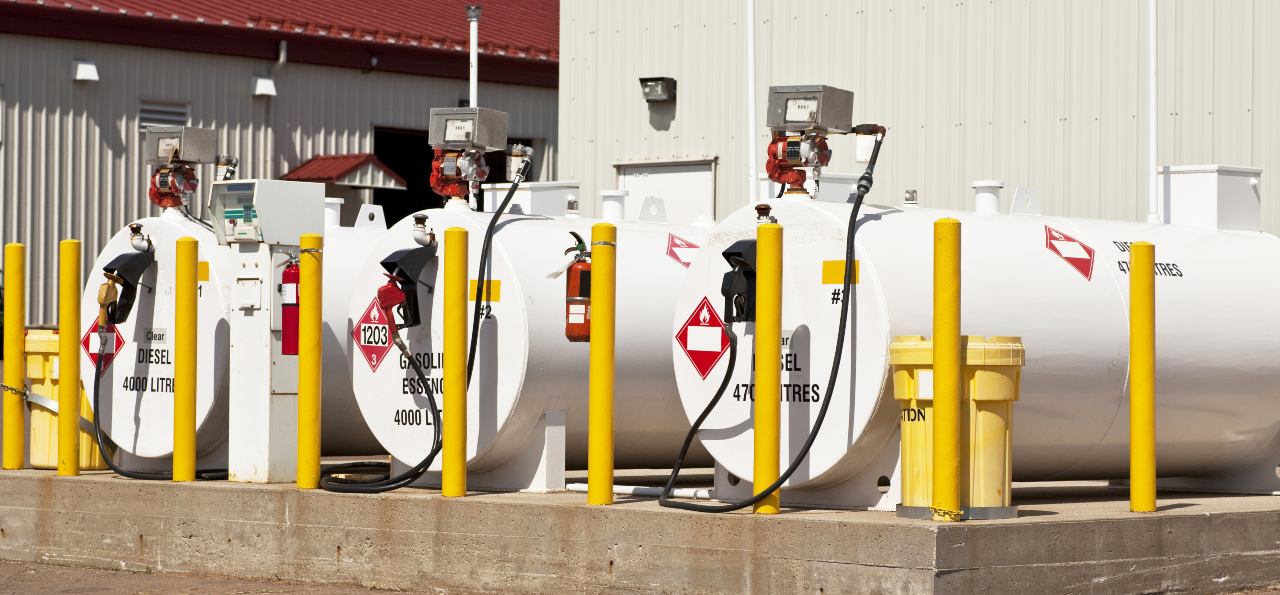
Leaves are dropping, nights are getting colder, and your gas-powered gear is about to hibernate. The way you store gasoline—and the equipment that runs on it—determines whether everything fires right up in spring or ends up in the shop. This guide explains simple, professional-grade steps you can do at home to protect fuel quality, prevent moisture issues, and keep small engines healthy all winter.
Why Fall Is the Right Time to Prep Fuel
Fall’s warm days and cold nights create condensation in partially filled tanks and cans. Moisture is the enemy of gasoline systems, especially with ethanol-blended fuel (e.g., E10) that’s prone to phase separation. Prepping before the first hard freeze helps stop water problems, corrosion, and varnish before they start.
Choose the Right Fuel (and Treat It)
For storage, fresh fuel is non-negotiable. If you can source non-ethanol gasoline, it’s generally more storage-friendly. If you’re using E10, add a high-quality fuel stabilizer/water control treatment and mix it in before you park the equipment. Commercial maintenance crews follow this same practice: treat first, then circulate treated fuel through the system.
Looking for a reliable option that addresses moisture and stability in one step? See PSC’s overview of water-handling fuel treatments and how they help prevent cold-weather issues.
How to Store Gasoline Safely for the Winter
1) Use Approved Containers
- Stick to approved metal or HDPE gasoline containers—no glass or makeshift jugs.
- Label each can with fuel type, date filled, and additive used.
- For larger volumes, use a vented, gasoline-rated container or tank with a tight-sealing cap.
2) Store Cool, Dark, Ventilated—Never Indoors
- Keep cans in a detached garage or shed, away from ignition sources, with good ventilation.
- Avoid direct sun and big temperature swings that make containers “breathe.”
- For extreme cold, buffer containers from the floor and drafts to reduce thermal shock.
3) Fill Cans Nearly Full
- Leave a small expansion gap, but minimize air space to reduce oxidation and condensation.
- Wipe caps/necks before sealing to keep water and debris out.
Winterizing Gas-Powered Equipment (Mowers, Trimmers, Generators, Snowblowers)
1) Stabilize, Then Run
Add stabilizer/treatment to fresh fuel, then run each engine 5–10 minutes to pull treated fuel through lines, carburetor/injectors, and rails. This coats internal parts and keeps jets from gumming.
2) Protect Against Corrosion (Fogging/VCI)
Pros use fogging oil or vapor corrosion inhibitor (VCI) oils to protect cylinders and intake tracts during storage. For DIYers, a quick fog through the intake and a mist in each cylinder (via spark plug holes) adds a protective film that resists moisture and rust over winter. For a deeper primer on this method, see our article on the best way to store an engine.
3) Drain or Store With Treated Fuel?
- Up to ~6 months: Storing with treated fuel is convenient and protects seals.
- 6–12 months or more: Many owners prefer to drain tanks and float bowls entirely to minimize any varnish risk.
- Whichever route you choose, the key is fresh, stabilized fuel and a tightly sealed system.
Pro Tip: After circulating treated fuel, shut off the fuel valve (if equipped) and let the engine run out of fuel to clear the carburetor. Then fog and cap everything tightly. This blends the convenience of treated storage with a cleaner float bowl.
Common Winter Storage Pitfalls (and Easy Fixes)
- Stale/oxidized gas: Avoid using fuel older than a few months unless it was stabilized at fill. Rotate stock and label cans.
- Moisture/phase separation: Keep containers sealed and nearly full; use treatments that address water.
- Fluctuating temperatures: Limit solar exposure; store off concrete floors; avoid heater proximity.
- “Set and forget” small tools: Chainsaws/leaf blowers often sit the longest—treat them too.
- Indoor storage: Never store gasoline in living spaces or near open flames.
Seasonal Timeline (Autumn → Early Spring)
| When | What to Do |
|---|---|
| Late Sept – Early Oct | Add stabilizer to fresh fuel; treat your stored gasoline; run each engine to circulate. |
| Mid–Late Oct | Fog/VCI protect engines; move cans to cool, ventilated storage; top off containers. |
| Nov–Dec | Re-check caps, labels, and storage location; ensure no leaks or swelling. |
| Jan–Feb | Quick visual once-over on containers; keep them off cold floors and away from heaters. |
| Early Spring | Inspect fuel, replace filters, blend in fresh gas, and re-start per checklist below. |
Spring Re-Start Checklist
- Inspect tanks/cans for discoloration, sediment, or water. If present, address water with an appropriate treatment and/or decant.
- Replace fuel filters and check fuel lines for brittleness or cracking.
- Install fresh plugs if storage exceeded a season or if engines were hard-starting last year.
- Blend old, treated fuel with fresh (e.g., 4:1 fresh:stored) for the first run in sensitive small engines.
- Let engines warm gently—white vapor early on is often humidity burn-off.
FAQs
→Does gasoline freeze?
Not at typical winter temps (it can gel or lose volatility first). The bigger risk is water in the system freezing and blocking flow or damaging components.
→How long does gasoline last in winter storage?
With proper containers and quality stabilizer, many homeowners see 6–12 months of useful life. Ideal conditions and premium treatments can extend that window, but when in doubt, rotate.
→Is plastic okay for winter storage?
Yes—only in gasoline-approved HDPE cans with tight caps. Keep out of the sun and away from heat sources.
→Should I drain the carburetor?
It’s a solid option for longer lay-ups. For short seasonal storage, many prefer treated fuel throughout the system to protect gaskets and seals—then drain bowls if you’ve had varnish issues in the past.
Further Reading & Helpful Guides
- What Is the Best Way to Store an Engine? (fogging/VCI basics)
- Winterize Your Fuel System (fuel system prep tips)
- Race Fuel Storage (principles that also help with small engines)
- How K100 Handles Water in Fuel (water encapsulation overview)
Ready for Winter?
Prep once and relax all season. Explore PSC’s curated selection of cold-weather solutions—fuel stabilizers, fogging/VCI oils, and winter-ready essentials—in our Winter Products Guide.
